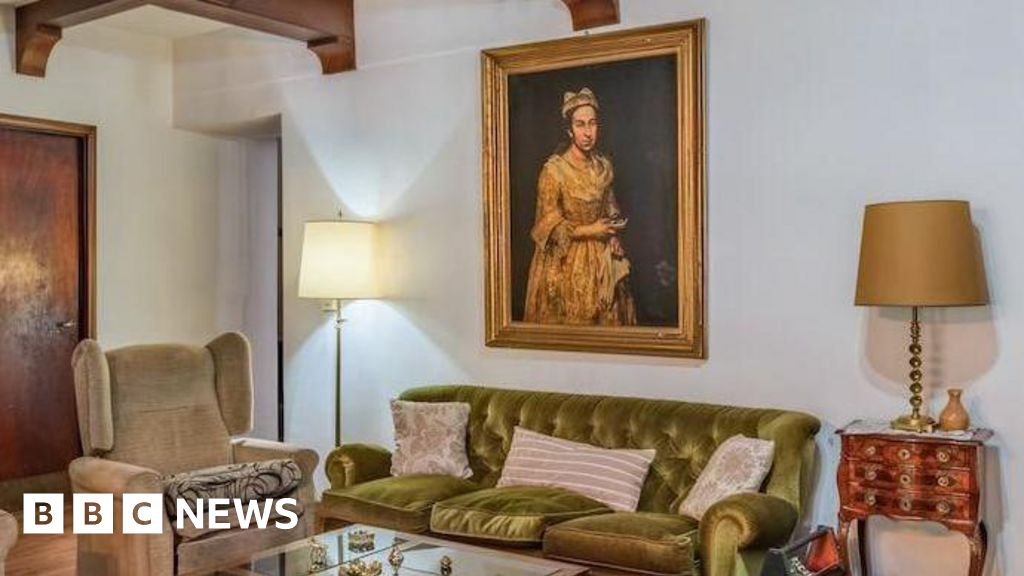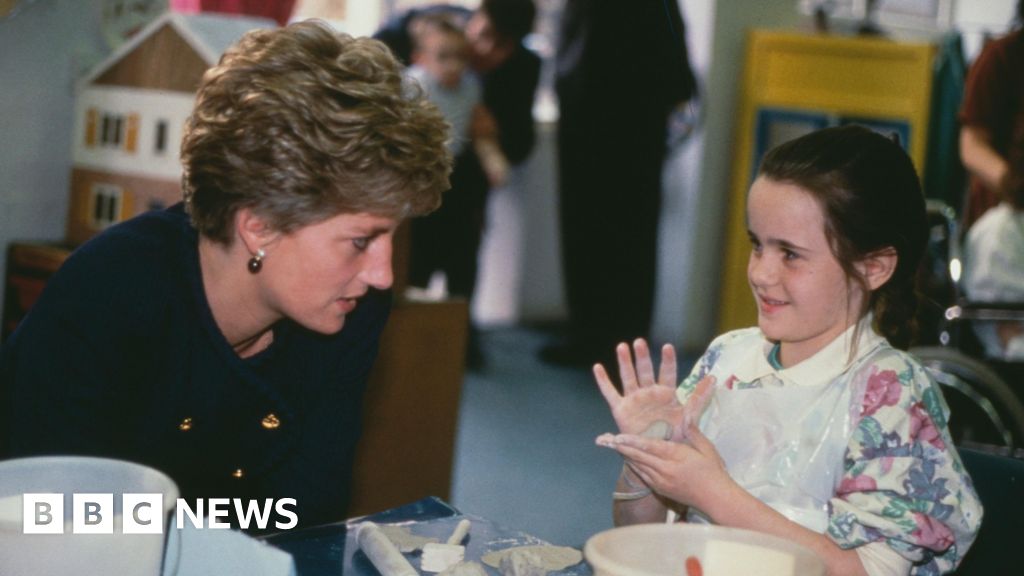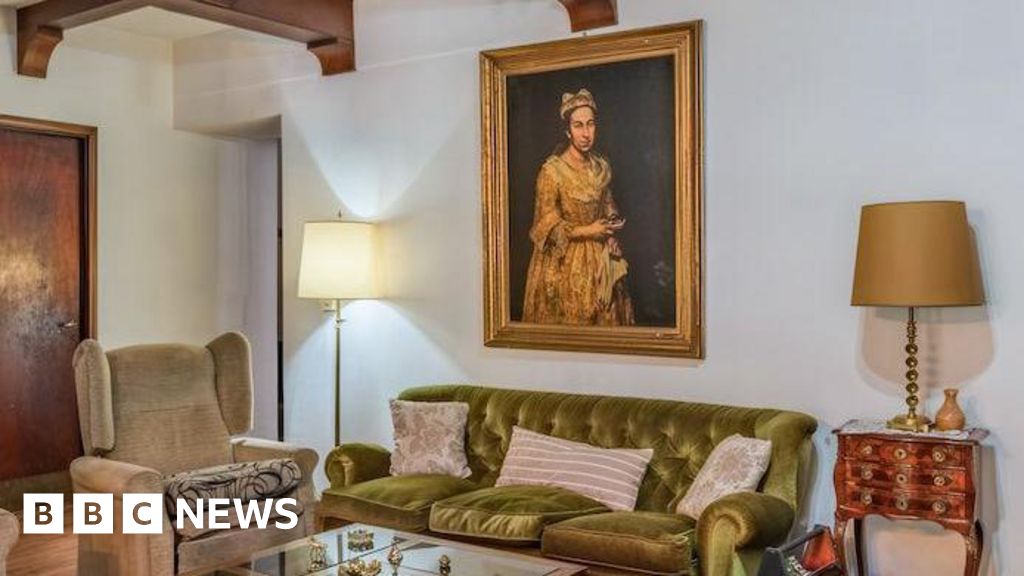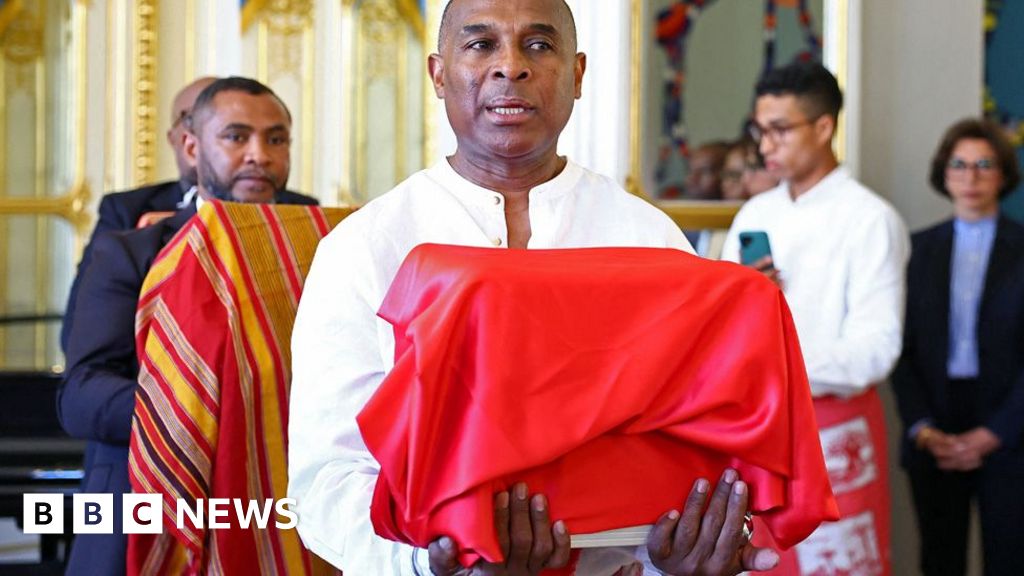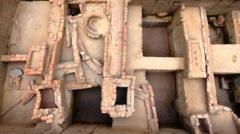In a quiet Polish neighborhood, a couple named Daniel and Victoria Van Beuningen embarked on a new chapter when they purchased a long-abandoned villa in Wroclaw, formerly Breslau, a region with deep historical roots stretching back to WWII. Initially enchanted by the villa's overgrown garden, they envisioned a life filled with gardening and family activities. However, as they began to inquire about the home's past, they received unsettling revelations regarding its history during and after the war.
Their curiosity led them to the Meinecke siblings in Heidelberg, Germany, who reminisced about growing up in the house before the war. They also warned the couple of the likely presence of corpses of German soldiers buried in their garden from the tumultuous period of the conflict. The warning, initially dismissed by the couple, gained credibility when Daniel discovered a WWII-era Nazi helmet while digging in their yard.
Further complicating matters, an archaeologist knocked on their door, armed with disturbing information. He had uncovered documents indicating the existence of a war cemetery on their property. This new evidence compelled the Van Beuningens to consider the implications of their dream home—a site of significant historical importance marred by the scars of war. They welcomed the archaeologists to examine their land further, eager and anxious to uncover the hidden tales that lay beneath the soil.









